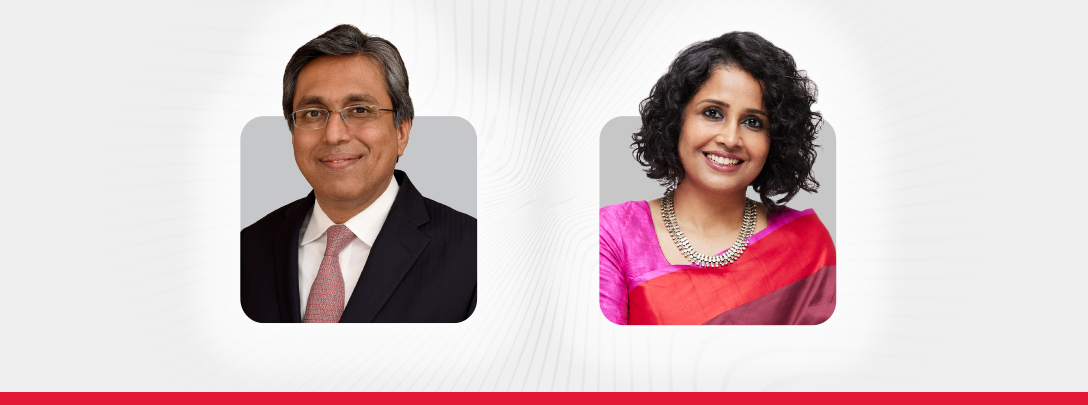During a recent leaderspeak session, Dr. Anish Shah, MD and CEO, engaged in a conversation with Asha Kharga, Chief Customer and Brand Officer, discussing strategies for cultivating an inclusive culture at Mahindra
In a world where diversity and inclusion have become critical components of corporate success, Dr. Anish Shah, MD and CEO, Mahindra Group, stands as a beacon of leadership. Shah, who is known for his profound insights, envisions a Mahindra that not only embraces diversity but also fosters an inclusive culture where every individual feels a sense of belonging.
Foundations of inclusivity
Inclusivity has been an integral part of Mahindra from the very beginning. On November 8, 1945, the Mahindra Group, then barely a month old, published an advertisement in India’s largest circulating English daily, The Times of India, that did not talk about its products – but simply laid out the fundamental principles on which Mahindra would operate. For Mahindra, diversity has perpetually been a core element of its identity.

Diversity’s role in high-performance teams
Anish passionately highlights the pivotal role played by diversity in fostering high-performance teams. Drawing inspiration from the success of the Apollo 11 mission, which showcased how diverse expertise could lead to monumental achievements, he emphasises that in the workplace, diverse perspectives are catalysts for innovation and excellence. “When you have diverse teams, you get diverse thoughts. That allows us to get better outcomes,” he emphasises.
Navigating challenges
Acknowledging the overall challenges in terms of gender representation, Anish Shah addresses the topic of diversity targets and quotas. He emphasises that true diversity is not achieved through quotas but by ensuring that every individual earns their place in the organisation based on merit. “The purpose we are trying to achieve is a culture of meritocracy in which each person gets to stand up in their own right and contribute more to the organisation. Targets are short-term solutions. They create potential negatives. But we have to rise much above that to be able to create a much stronger organisation that we are proud of,” he adds.
Early influences on diversity
His upbringing in a family where gender equality was the norm profoundly shaped his views on diversity. He shares how his mother, part of the second batch of IIM Ahmedabad, who later turned into an entrepreneur in the late 1960s, and his experience working with women leaders instilled in him the belief that equality should be the natural expectation, regardless of gender or background. He recollects, “I grew up in an environment where men and women had equal opportunities. There really shouldn’t be a question around it.”
Essence of inclusion
For Dr. Shah, an inclusive culture begins with providing equal opportunities to all, irrespective of any tags or labels. He believes that these artificial constructs should have no place in a truly inclusive organisation.

He discusses the evolution of Mahindra’s maternity policy guidelines as a testament to the organisation’s commitment to inclusivity
Promoting open conversations
He places a strong emphasis on encouraging every member of the organisation to voice their opinions, preferences, and concerns. He believes that fostering a culture of openness and inclusivity is paramount.

Inclusive leadership
Speaking up is not solely a matter of an individual’s willingness but also rests on the organisation’s response. Leaders must ensure that when someone speaks up, their input is acknowledged, taken seriously, and not met with rebuke. Inclusive leadership means incorporating diverse perspectives and experiences into discussions, ultimately enriching the organisation. “It’s us as custodians to take it forward and therefore diversity is important for us,” he concludes.
You can also share your thoughts in the Comments section below!




